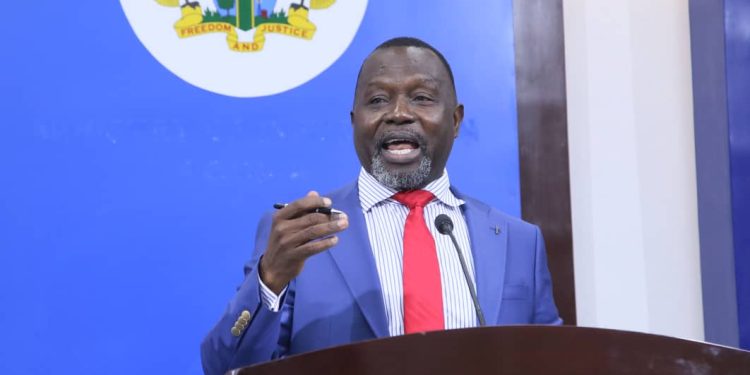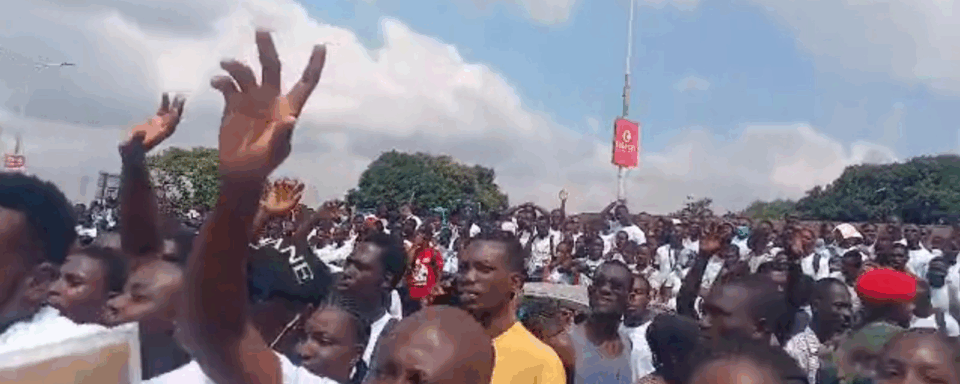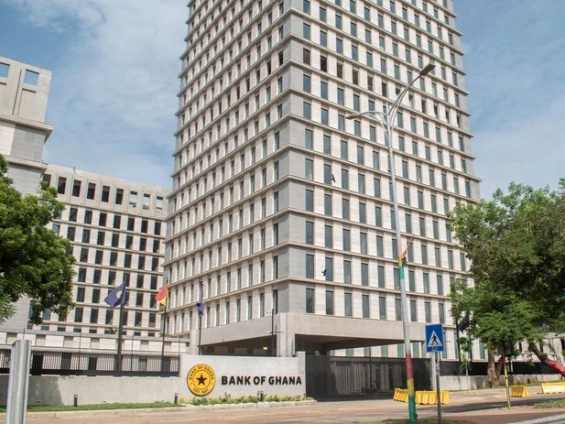The Attorney-General’s Department has clarified the government’s actions in a case challenging the constitutionality of certain financial transactions in the financing of the National Cathedral project.
This clarification follows a 2024 suit filed at the Supreme Court by a private citizen, Jonathan Amable, who is seeking several declarations against the government over what he describes as unconstitutional financial practices.
Among other reliefs, Mr. Amable is asking the Court to declare that the financing of the National Cathedral’s construction from the Consolidated Fund—without the prior approval of the Speaker of Parliament and the Chairperson of the Council of State—contravenes Article 179(11) of the 1992 Constitution.
He is also seeking an order for the return of all monies allegedly withdrawn unconstitutionally for the project.
It will be recalled that the then minority caucus, led by Cassiel Ato Forson and Mahama Ayariga, had previously raised concerns over alleged financing of the central government budget by the Bank of Ghana without prior parliamentary approval.
Those transactions included treasury bills and the $5 billion portion of the COVID-19 relief bond now being challenged by Mr. Amable.
In addition to the National Cathedral funding, the plaintiff is challenging the constitutionality of the USD 10 billion COVID-19 Relief Bond transaction between the Ministry of Finance and the Bank of Ghana.
He argues that the transaction, which formed part of the Bank of Ghana’s asset purchase programme, violated Article 181(4) of the Constitution, which governs public borrowing.
However, in a statement of case opposing the suit, the Attorney-General, Dr Dominic Ayine, insisted that the provisions cited by the plaintiff does not offend Article 179(11) of the 1992 Constitution.
The Attorney-General maintained that all payments towards the National Cathedral were made lawfully under the Contingency Vote, categorised under “Other Government Obligations,” and not from the Contingency Fund as alleged by the plaintiff.
“The National Cathedral is 100% owned by the State,” the statement read. “Indeed, the Attorney-General issued an opinion on 6th January 2022 that the National Cathedral is a state-owned company limited by guarantee, under the Ghana Museums and Monuments Board.”
The statement further noted that details regarding the National Cathedral’s financing and policy direction had been publicly presented through annual budget statements since 2018.
In those budget statements, the Finance Minister, Ken Ofori-Atta, outlined the government’s commitment to providing land, a secretariat, and seed money for the project, with the expectation that the majority of the construction and maintenance funding would come from non-public sources.
The Attorney-General also recalled that the financing of the project had received policy approval from Parliament as part of the national budget after extensive debate.
On the issue of the COVID-19 Relief Bond, the Attorney-General’s Department argued that the transaction between the Ministry of Finance and the Bank of Ghana fell within the lawful scope of fiscal management measures adopted during the pandemic.






Leave a Reply